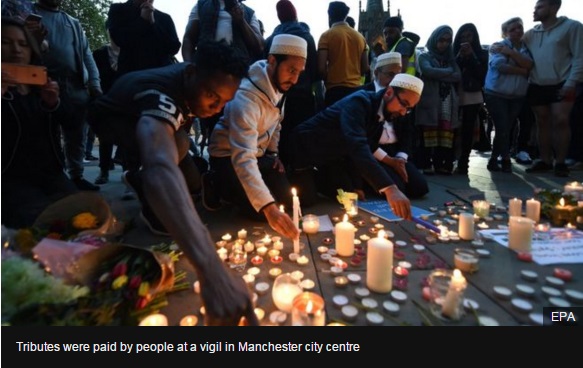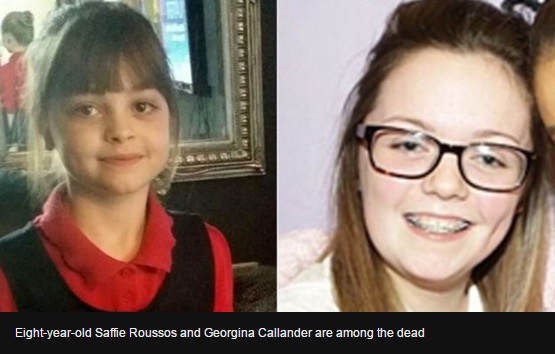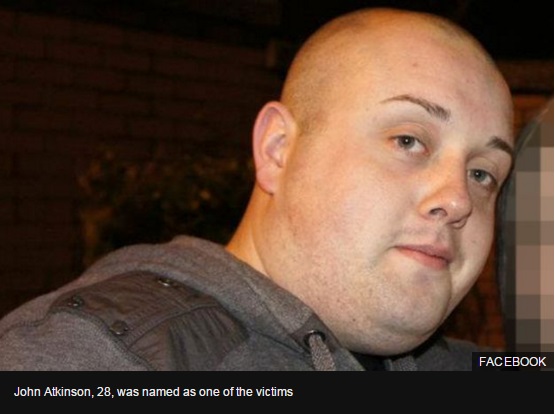
The UK terror threat level has been raised to its highest level of "critical", meaning more attacks may be imminent, the prime minister has said.
Military personnel will now be deployed to protect key sites as a result of the new threat level.
It comes after Monday night's attack at Manchester Arena, which killed 22 and injured 59.
Home Secretary Amber Rudd says it "seems likely" that suspected bomber Salman Abedi was not acting alone.
Four of the victims have been named - eight-year-old Saffie Rose Rousses, Olivia Campbell, 15, John Atkinson, 28, and Georgina Callander - thought to be 18.
According to Reuters, the Polish foreign minister has said that two Polish people who went missing after the attack are among those killed.
Home Secretary Amber Rudd has said she "absolutely" expects the critical threat level to be temporary. She also said the bomber was known "up to a point" by the intelligence services.
She also says up to 3,800 troops will be deployed on the streets around the UK.
Mrs Rudd also said there would be an "uplift" in Prevent, the government's anti-radicalisation programme, after June. This had already been planned before Monday's attack, she added.
The change in terror threat comes after investigators were unable to rule out whether suspect Salman Abedi - understood to be a 22-year-old born in Manchester to parents of Libyan descent - was part of a group.
The prime minister said soldiers would be placed in key public locations to support armed police in protecting the public. These include Buckingham Palace, Downing Street, embassies and the Palace of Westminster.
Military personnel may also be seen at other events over the coming weeks, such as concerts, Mrs May said, working under the command of police officers.
The prime minister said she did not want the public to feel "unduly alarmed" but said it was a "proportionate and sensible response".




